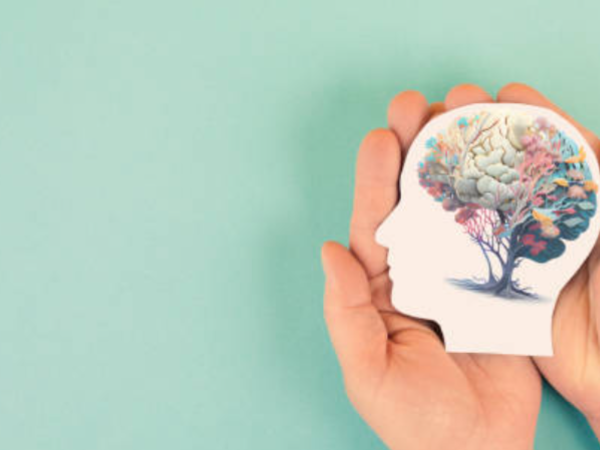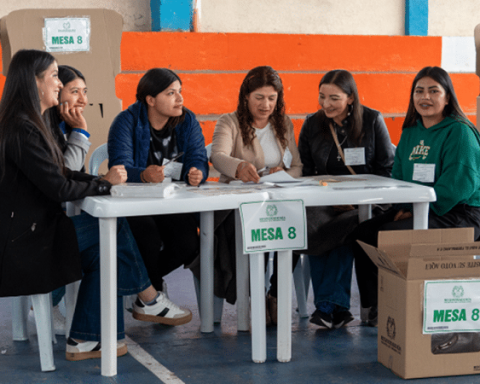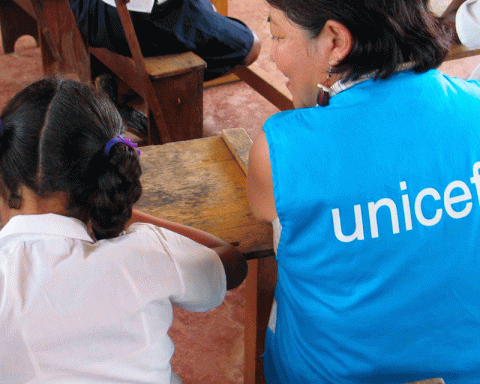Without a doubt, in recent years, mental health care and the importance of providing psychological care and attention to ensure a balance between family, work, personal, economic and social life are two issues that have gained a lot of relevance among citizens, to the point that many governmentscompanies and communities, are implementing programs in this regard.
Thanks to this, great progress has been made, such as putting the subject at the centre of the news agenda and getting more attention to things related to mental health that were not previously taken into account. One of the sectors that has noticed these changes is the educational sector, where the figures show declines in absenteeism, dropout rates and student outcomes.
More news: The price of the dollar in Colombia has not found a ceiling: it has already exceeded 4,200 pesos
At least that is what can be seen in a report by the Laboratory of Education Economics (LEE) of the Universidad Javeriana and the Welbin organization, which reviewed the welfare conditions in the country’s schools, analyzing data from 1,476 establishments in 31 departments and 342 municipalities, a more than significant sample that reveals the national panorama.
Researchers warn that schools with health and wellness programs School programs have been shown to reduce school absenteeism by 20% to 60%; reduce depression, sadness and self-harm by 5 to 6 percent; increase satisfaction with personal, family and school life by 7%, and improve academic performance.
Mental health
Much to do
While this is a good thing, it should not be overlooked that, according to the Ministry of Health, 66.3% of Colombians say they have faced some mental health problem, a situation that does not escape students.
“This percentage is significantly higher among women (69.9%). In the 18 to 24 age range, 75.4% of women report this. These results coincide with the evidence of epidemiological studies carried out in the country on this matter, which reveal the high burden of existing mental illness, especially in the young population and in women,” they indicated.
It is striking that 42% of the population believes that consulting a psychologist or psychiatrist helps them improve as people. These results reflect that the efforts made in the country to reduce the stigma surrounding mental health and its services are yielding positive results.
You may be interested in: Colombians are increasingly turning to financing their cell phones
“This is especially encouraging as there is now a team in place “highly trained professionals in the field of mental health, backed by an extensive evidence base and knowledge in addressing this fundamental aspect of our well-being,” they concluded in the report.
How to move forward?
Regarding what to do to strengthen mental health in schools and school environments, the NGO Educo has several key recommendations to strengthen mental health in schools. One of them is to promote emotional education from an early age. They propose developing programs that help students manage their emotions, understand those of others and foster empathy.
Another of their strategies is to incorporate relaxation techniques in the classroom. Activities such as deep breathing exercises or the practice of yoga and meditation helps reduce stress and anxiety in children.

Schools
“These dynamics are easy to implement and can have an immediate positive impact on the emotional well-being of students, thus improving their ability to concentrate,” they explained.
Educo also aims to create rest areas in schools, Remembering that these environments allow students to relax and disconnect from academic stress and that they not only promote a more productive and calm environment, but also promote respect and empathy among classmates, factors that contribute significantly to a better school climate.
Finally, they highlighted the importance of training educators in mental health issues, arguing that teachers, being in direct contact with students, are key players in the early detection of disorders such as anxiety or depression, as they provide training in psychological first aid and crisis management techniques, ensuring that teachers are prepared to act and support students when they need it.


















